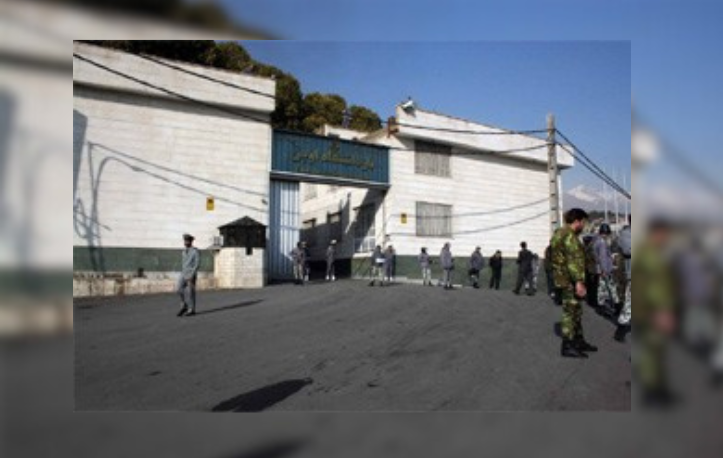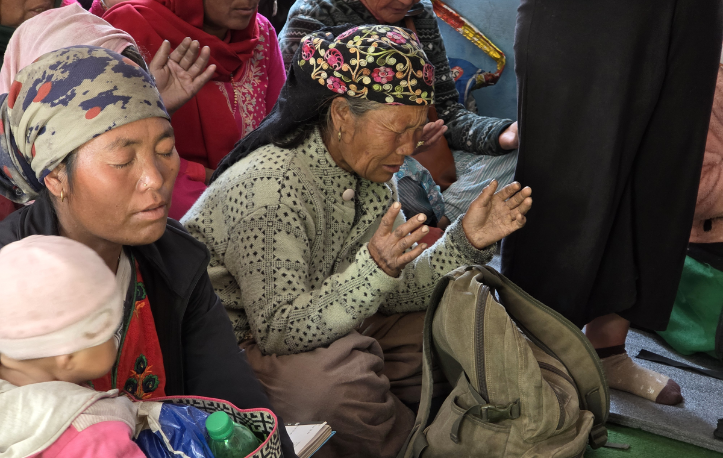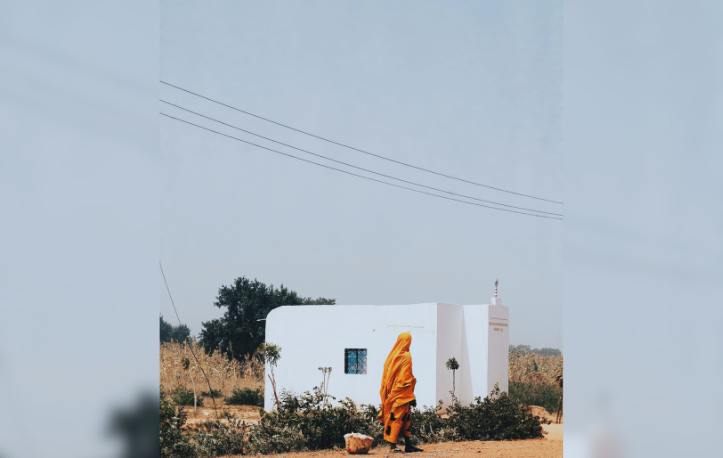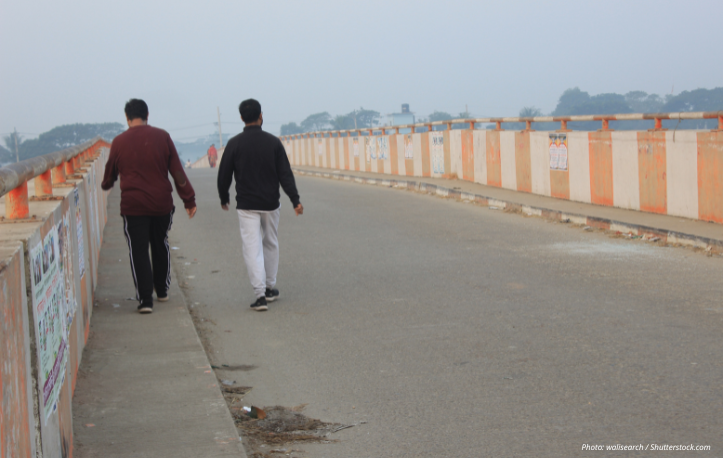For some time, an Iranian woman named Laleh Saati lived in Malaysia and, while there, she was baptised as a Christian. Not wanting to return to Iran, Laleh applied for asylum, but the process continued to drag on without resolution. Frustrated with the delay, as well as missing her elderly parents, she returned to Iran in 2017.
Since her return, Laleh had been summoned for interrogation by intelligence agents multiple times. Then, on 13 February, the Christian convert was arrested at her father’s home in Ekbatan Town, a suburb of Tehran. Photographs and videos of her baptism and Christian activities in Malaysia were presented as evidence against her.
On 16 March, the 45-year-old believer was brought before a judge who asked her why she risked returning to her home country, given that she had “done such things [Christian activities] outside of Iran”. She was then sentenced to two years’ imprisonment, followed by a two-year travel ban for “acting against national security by connecting with Zionist Christian organisations”.
This case demonstrates that Iranian authorities are able to obtain information on the activities of asylum seekers in foreign countries and use that against them. While most Western countries acknowledge the dangers faced by Iran’s Christians, asylum claims are often rejected if the judge questions the genuine nature of a religious conversion.















Submit a Prayer